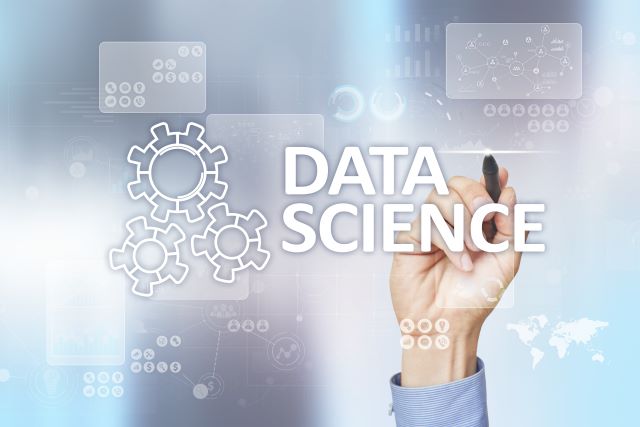
Nationwide, more than 162 million Americans are not using broadband internet due to a lack of access or high costs. That’s why digital inclusion is one of the efforts at the University of Michigan (U-M) where researchers and students work to support Detroit residents through research.
Last month, U-M’s Office of the Vice President for Research announced that the Michigan Institute for Data Science (MIDAS) has partnered with Microsoft and Detroit to expand digital equality by improving broadband internet access and affordability in underserved areas.
According to MIDAS, over a third of households in Detroit lack broadband internet access, defined as a 25 megabits per second download speed and 3 megabits per second upload speed. Lack of access dramatically affects access to education, the ability to find better jobs or to gain timely information about the COVID-19 pandemic.
“Partnering with MIDAS brings deep rigor to guide evidence-based policies, actions, and learnings to address the digital divide in Detroit,” said Vickie Robinson, general manager of the Airband Initiative. “These insights will be very valuable as we seek to increase access to affordable broadband, low-cost devices, and digital skilling resources in Detroit, and potentially establish replicable data tools that can be adapted for other places.”
MIDAS is the first academic partner in Microsoft’s Airband Initiative to expand digital equality in metropolitan areas and close the digital divide in Detroit.
“MIDAS is working to build a partnership between Detroit’s data team and U-M data scientists, with the current focus on digital inclusion,” said Jing Liu, MIDAS managing director.
The research team will reportedly use machine learning and other data science methods to identify households and neighborhoods most in need of digital access. It will also recommend digital inclusion interventions and analyze the impact of digital inclusion on Detroit residents’ health, education, job placement, and other aspects of everyday life.
“We cannot solve a problem we don’t understand. The pandemic has shown that addressing digital inequity is too urgent to rely on bad data. With deeper data science, we can find the people left behind by the digital divide, connect them, and help them unlock opportunities to achieve more,” said Robinson.
More broadly, this collaboration will provide insight into Microsoft’s digital equality effort across multiple cities, create and leverage a new academic, government, and industry collaborative model to drive forward socially engaged research using the strengths of all different sectors.
“Efforts to use data science for the social good also benefit academic researchers,” said Liu. “A partnership with Detroit and other public sector partners will enrich U-M data scientists’ research, by connecting academic research with real-world data to tackle significant real-world challenges, translating research outcomes into immediate societal impact.”
The U.S. Army Corps of Engineers has been tasked with…
Brown and Caldwell, a leading environmental engineering and construction firm,…
Humboldt State University, one of four campuses within the California…